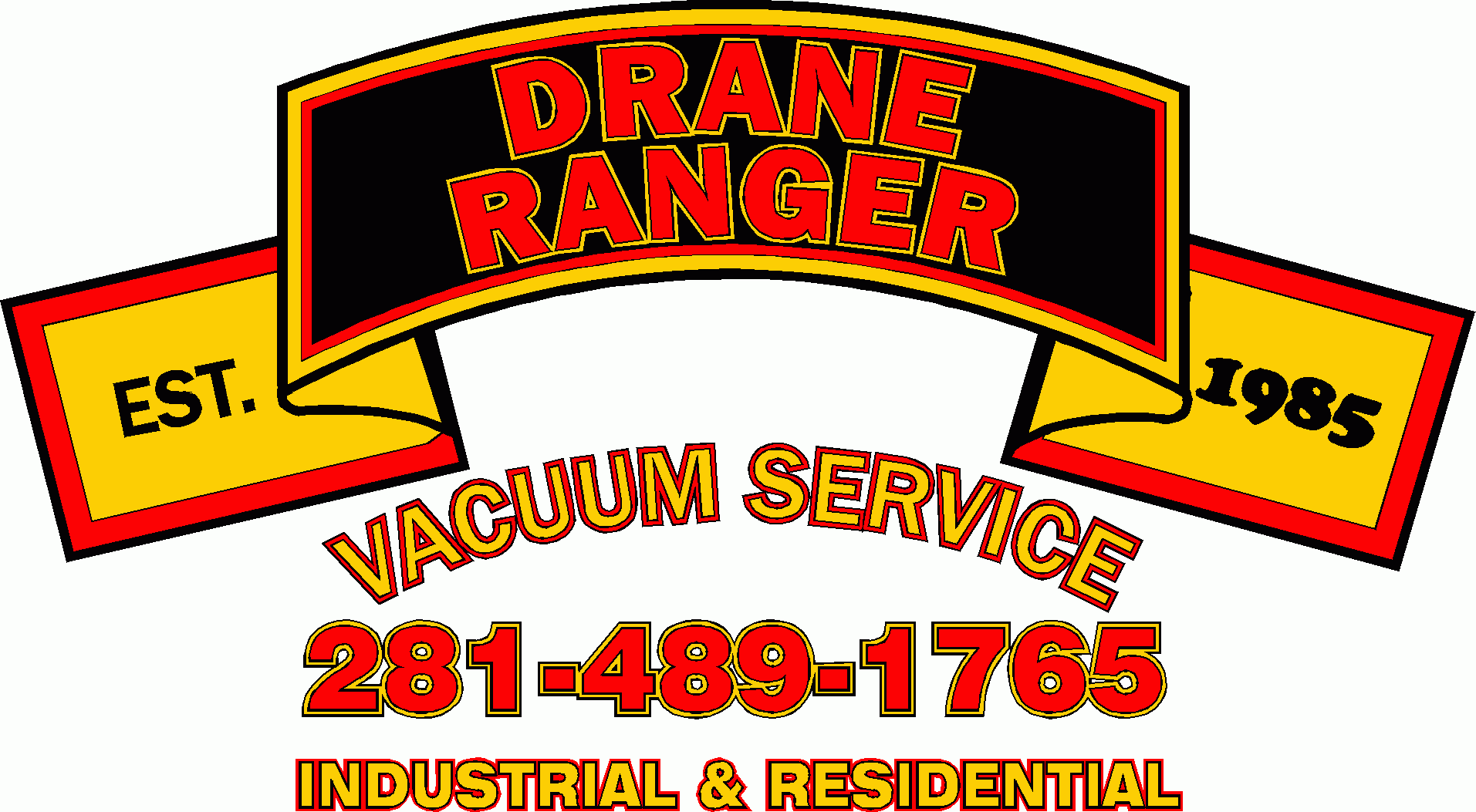Keep it Functional
Septic tanks perform an important function, as they store and break down sewage so that it can be disposed of safely and sanitarily. It’s important to practice septic tank maintenance in order to prevent back-ups, leakages, and other nasty environmental problems. If you own a septic tank, ensure that you have a trained professional on call so that you can keep your septic tank functional and safe.
Avoid Expensive Repairs
One of the main reasons to make sure your septic tank receives regular maintenance is to avoid costly repairs in the future. Poorly-maintained septic tanks will lead to disruptions or failures in the system, and can cost you thousands of dollars to fix or replace. Whether you use your septic tank in an industrial or residential setting, septic tank maintenance will help you avoid expensive costs that will inevitably arise if your septic tank is not maintained or altogether neglected.
Fortunately, you don’t have to deal with the ‘ick’ of maintaining a septic tank on your own, and we wouldn’t recommend it! There are trained professionals and specialists that offer a number of services for septic tanks. A professional will ensure your septic tanks are regularly cleaned, drained and properly inspected to avoid any future problems.
Safe Disposal
Not only does sewage stink, but it can also carry a number of pathogens and diseases, so it’s imperative that your septic tank maintenance program involves the safe disposal of the sewage. Most people don’t want to get their hands dirty, so to speak, with disposing of sewage, which is why trained professionals will do it for you. Whether your septic tank is small or large, whether you own one or many, septic tank maintenance experts will ensure your sewage is safely and sanitarily disposed.
Inspect and Pump Your Septic Tank Frequently
The average residential septic system should be inspected at least every three years by a septic tank maintenance professional. They should also be pumped every three to five years, depending on the volume of use. That said, it’s important to consult with a septic service professional to determine how often your septic tank should be inspected and pumped. Depending on the household size, the total wastewater generated, the septic tank size, and the volume of solids in wastewater, your septic tank may require more frequent service.
When in Doubt, Don’t Flush
One of the main causes of septic tank issues has to do with what goes down the drain. Everything you flush down the toilet, grind in the garbage disposal, or pour down any faucet, will end up in your septic system. It’s important to remember that septic systems aren’t trash cans, and that nothing besides human waste and toilet paper should end up in your septic system. Items such as flushable wipes, feminine hygiene products, diapers, condoms, cigarette butts, pharmaceuticals, coffee grounds and household chemicals should be disposed of in a trash can, not flushed down the drain. These products can cause serious disruptions and clogs to your septic tank, and will require you seek immediate septic tank maintenance.
